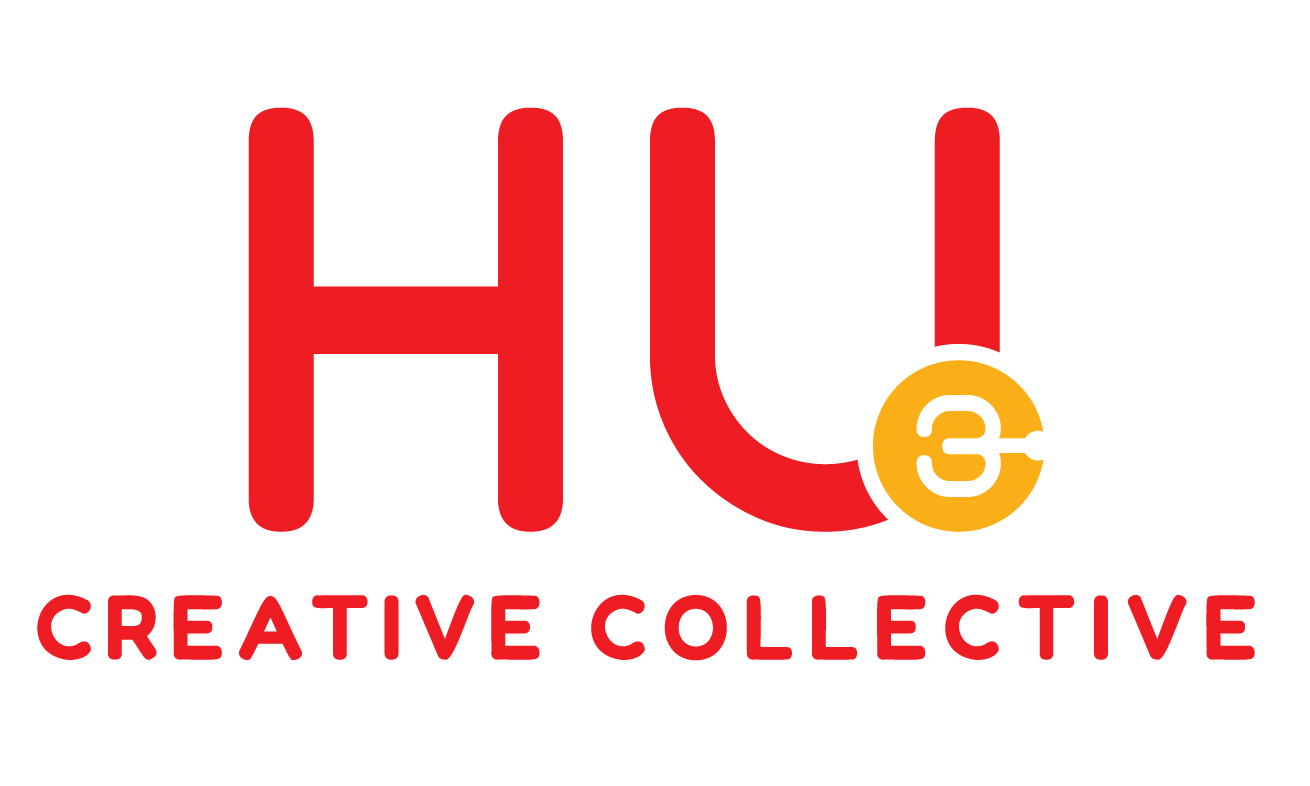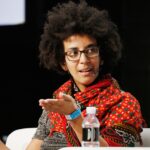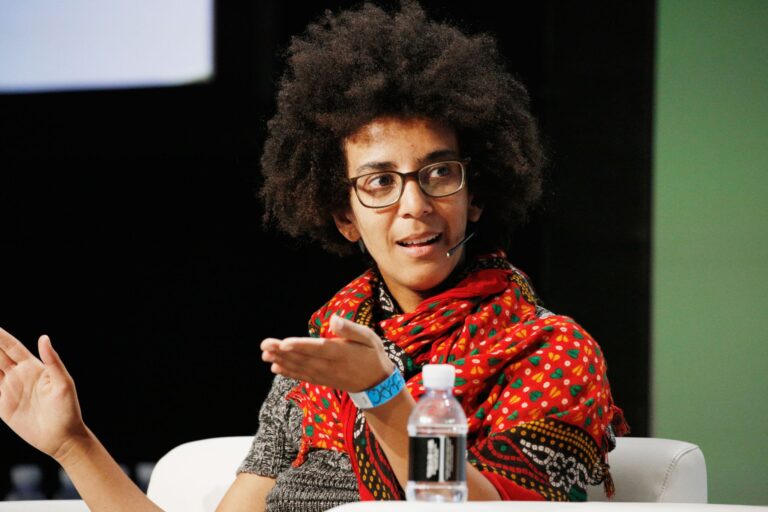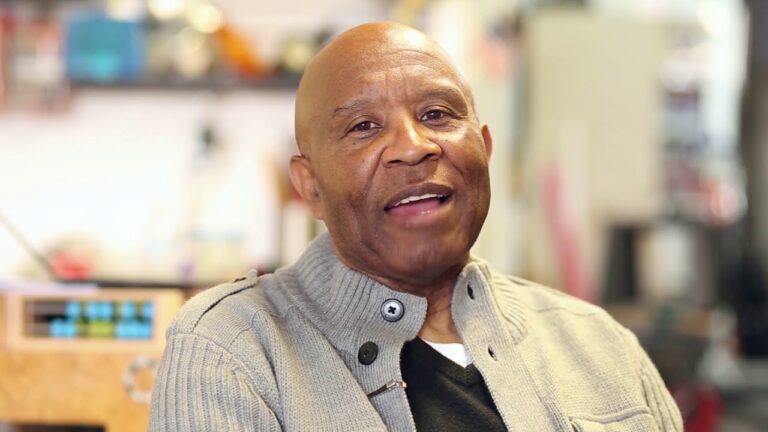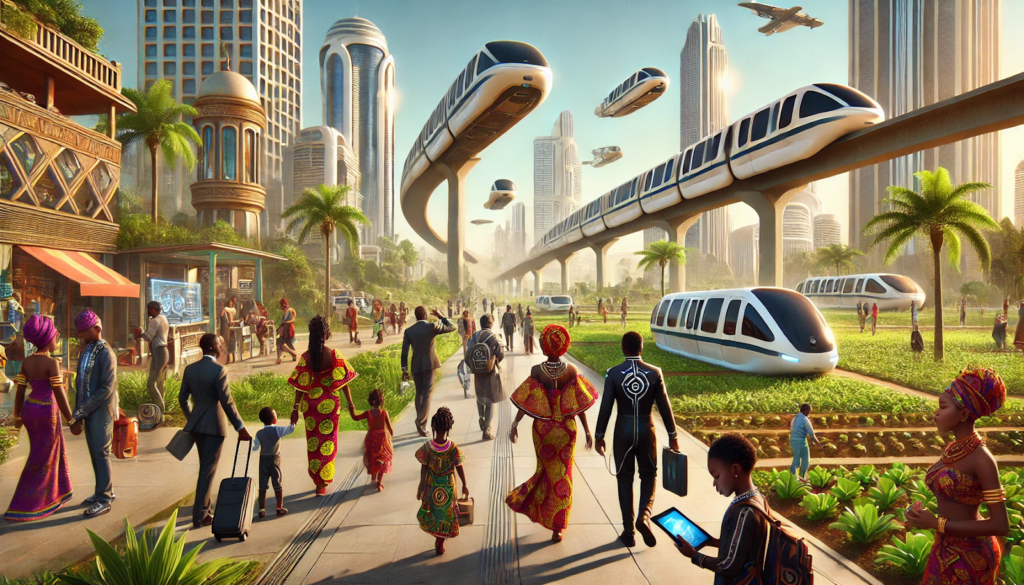
Uniting the Global Diaspora to Build A New Songhai Empire
By: Omari Bakari
Afrofuturism and Pan-Africanism are two ideologies deeply rooted in the empowerment, liberation, and forward-thinking aspirations of African people globally. They share a vision that transcends the historical and systemic oppression faced by African peoples, both on the continent and across the diaspora. Together, these ideologies paint a future where African communities reclaim their cultural heritage, harness their innovative potential, and unite to build prosperous societies on their own terms. This vision aligns with the idea of constructing a new Songhai Empire, a modern take on the powerful African civilization that once dominated West Africa. This reimagined empire represents a future where Africa becomes the wealthiest and most advanced continent, leading the world in innovation, sustainability, and economic strength.
Afrofuturism plays a key role in this vision by imagining African people in futuristic worlds where they thrive as creators and leaders of advanced societies. It envisions a future where African culture, technology, and African identity are celebrated and integrated into new realms of possibility. Afrofuturism challenges the outdated narratives that have historically limited African potential, presenting a vision where African peoples and the diaspora reshape their futures through technological mastery, cultural renaissance, and global influence. This forward-looking framework builds on Pan-Africanism’s foundational call for unity among African nations and people of African descent, fostering a collective effort to liberate and empower Africa from the lingering impacts of colonialism, imperialism, and systemic racism.
Pan-Africanism’s focus on solidarity and collective self-determination aligns with the idea of building a new Songhai Empire. Historically, the Songhai Empire was a center of trade, learning, and cultural influence, flourishing through the collective effort and strategic cooperation of its people. In the modern context, the construction of a new Songhai Empire symbolizes the reawakening of Africa’s potential as a global leader. The continent’s rich natural resources, combined with technological advancements and the power of a unified global African community, present an opportunity for Africa to not only become self-sufficient but to thrive economically and socially on a global scale. This vision imagines Africa as a center for technological innovation, green energy leadership, and cultural influence, attracting investment and collaboration from around the world.
Central to this transformation is the participation of the African diaspora, particularly descendants of the Songhai Empire who were scattered throughout the Caribbean, North America, and South America as a result of the Atlantic slave trade. These descendants, many of whom are African Americans, have amassed a wealth of expertise in areas like technology, entrepreneurship, education, and the arts. Their return to Africa, both symbolically and practically, represents a powerful reclamation of identity and a commitment to building a future grounded in the continent’s success. By contributing their talents, resources, and innovations, the diaspora plays a critical role in helping Africa realize its full potential.
Pan-Africanism and Afrofuturism together offer a roadmap to this future—a future where Africa is not just liberated from historical and contemporary oppression but becomes a leading force in global affairs. This new Songhai Empire would be a beacon of prosperity, driven by African leadership, technological innovation, and cultural renaissance. As descendants of the original Songhai Empire return to participate in this transformation, Africa’s resurgence will not only uplift the continent but also reshape the global narrative of African identity, power, and progress. By harnessing the strength of the global African community, these ideologies create a future where Africa leads the world in prosperity, self-determination, and innovation.
